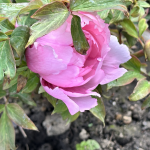On climate distress and Nature connectedness for wellbeing
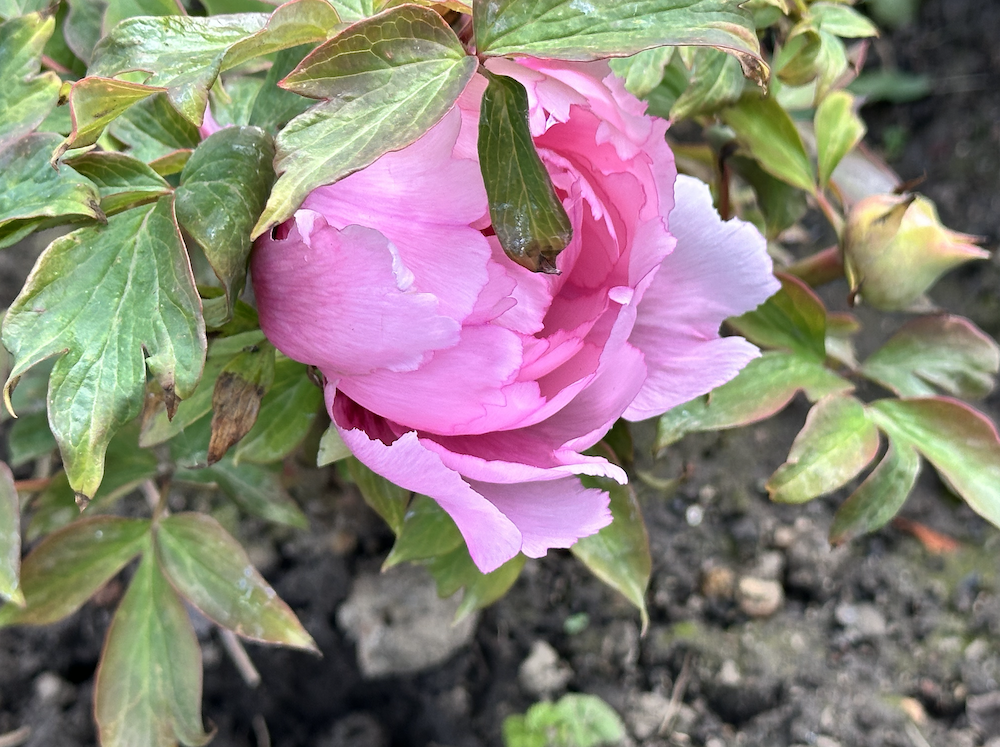
In this post, I am writing about shifting seasons, irregular changes in nature, and their impact on our health and wellbeing, and I look at how we can find our way forward with climate distress.
Spring and summer are here, side by side – more than ever. Tulips, daffodils, and snowdrops still bloom next to bluebells and snakeheads. Buds of roses and peonies are almost ready to open (my tree peony just did this weekend), while lilac and horse chestnut blooms are not only ready but are opening carefully as well. I have never seen anything like this. It is very irregular, but then in times of climate crisis what is regular? April always makes me think about change and fluidity, this one especially. I found myself a bit upset with Nature this month: why all of this, all at once, so early and for so long – that’s not our agreement? Only to realise that it was actually us humans who broke the agreement with Nature.
The climate crisis is unfolding in front of us. Weather patterns shift and become irregular. Bristol’s usually badly drained areas are so flooded that I almost got stuck in a small flood because my Uber driver decided to “risk it” (the water reached almost our windows). The regular seasons shift and what we grew up with is no longer here – winter is warm, spring is summery, while still super cold at times. We are surrounded by unpredictability – human-make-crisis – and yet…
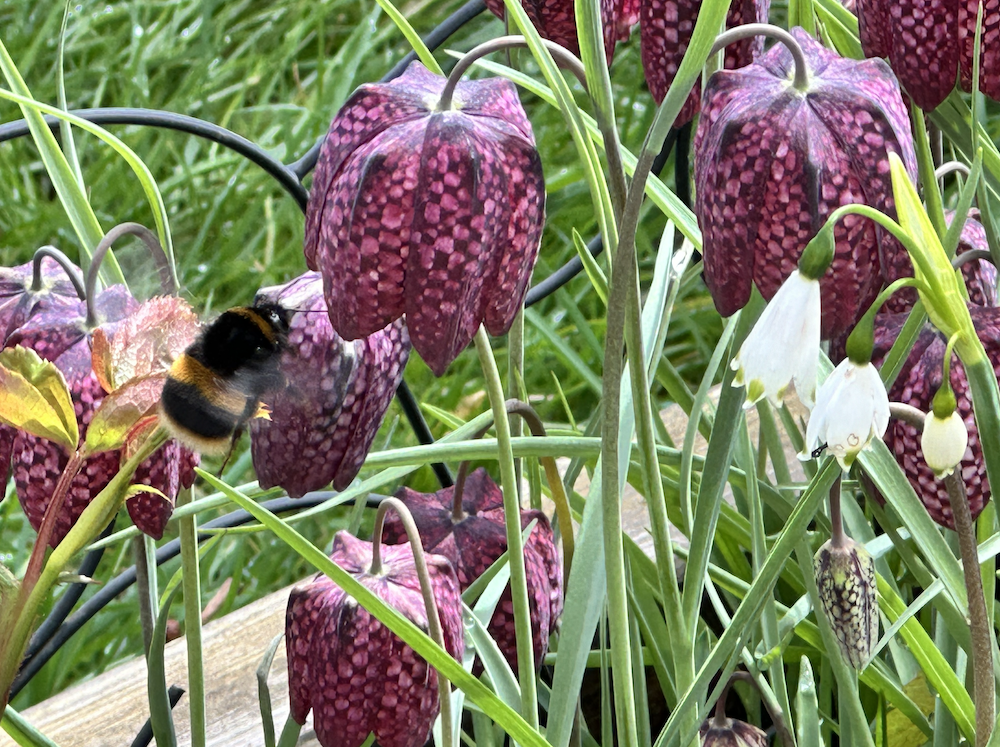
Most of the people I speak with absolutely ignore this and still, in 2024, focus on their own comfort. That taxi driver is an example – this IS serious. This is not just another badly drained road. This is an emergency, and we are not listening. Instead of connecting the dots, we dissociate and sit back in our comfort zone…I do not really know what. Somehow, we claimed the privilege of a human over Nature.
This April, instead of observing Nature, I was observing people. In Covid+ years, many people in my close networks have been ill. Our physical and mental health has been so affected by the last few years, and I sometimes wonder – is it because we didn’t listen when Mother Nature spoke to us? What did we learn from this pandemic? As far as I can tell, not much, really. We went back to our old ways. Judging from the level of economic exploitation, we feel we need to make up for the lost profits instead of softening and slowing down. And maybe, just maybe, some of us have shifted and centred our lives around Nature instead.
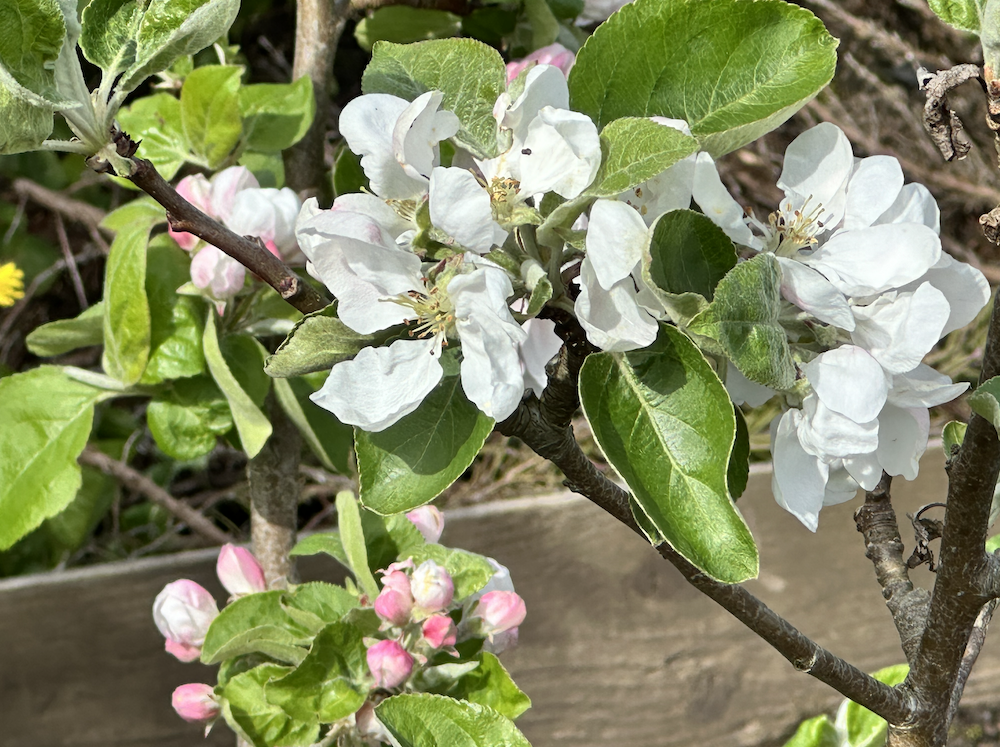
I certainly have. I am gradually letting go of the idea that, as a human, I am somehow unique in the ecosystem. This month, for instance, I am letting go of the idea of pronounced seasons, even here in the UK. I will continue tapping into the old wisdom of various cultures just this year, as this is my annual intention. But internally and emotionally, I am more fluid and have let go of the resistance to change. Change is here, whether we humans agree to it or not. It is of our own making.
I am also learning from our mistakes. I studied climate crisis almost forty years ago in primary school. It’s astonishing to realise how much time passed before the topic became acceptable in most areas of life (it is still considered a political issue when you advertise on Facebook). We had so much time to prepare to be well. Did we even try? Or do we really need to get so unwell that there is no way forward?
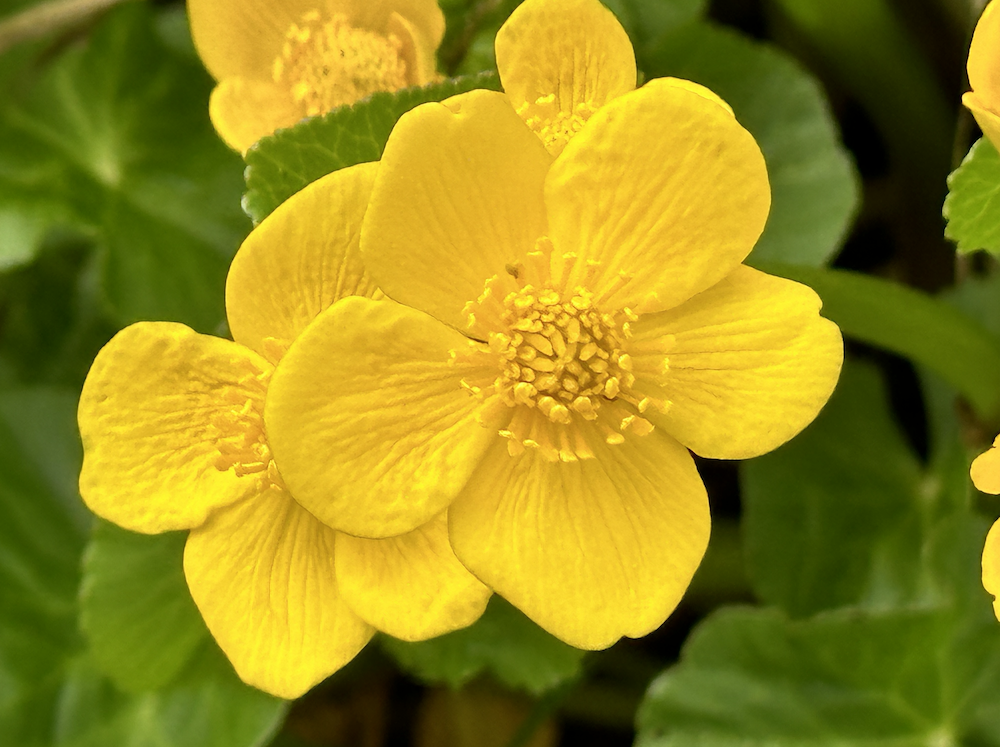
I think about our health and wellbeing. In this economic system, we are programmed to leave our wellbeing and health behind and focus on productivity instead. We can always go to the pharmacy, buy and pop in a pill, and then get on with work. I walked into mine the other day and was astonished at how much medication is available for working women (migraine pills – menopausal women are currently leading the UK workforce) and men (patches and painkillers for back issues for manual and computer labourers suffering from screen poverty). When I was a kid, my local pharmacy stored a lot of vitamins and herbal teas, while pills were reserved for emergency conditions. Today, to find a coal tablet for digestion, I need to go to an herbal store, not a pharmacy, which is so sad. We have become so unwell and so used to medication that natural remedies have a separate shop category.
Medicine is incredible, and so are drugs for complex and critical conditions. I am worried, though, that we forget about the healing power of Nature. Most of the trees and bushes that are in bloom now make for wonderful herbal teas. Most weeds on the side of the park paths make for excellent healing remedies. Many garden flowers and herbs (not only the currently trending TikTok magnolia petals) make for wonderful, healthy meals. Yet, we shop for stuff packed in plastic.
Plastic is the real technology that impacts our wellbeing and that of our planet in a negative way. I remember an evening with William Gibson in Bristol. The Elder of cyberpunk and sci-fi literature was asked what he thinks about the toxic impact of Twitter on our wellbeing. His response was exactly that: plastic is the technology we should be focussing on, not social media.
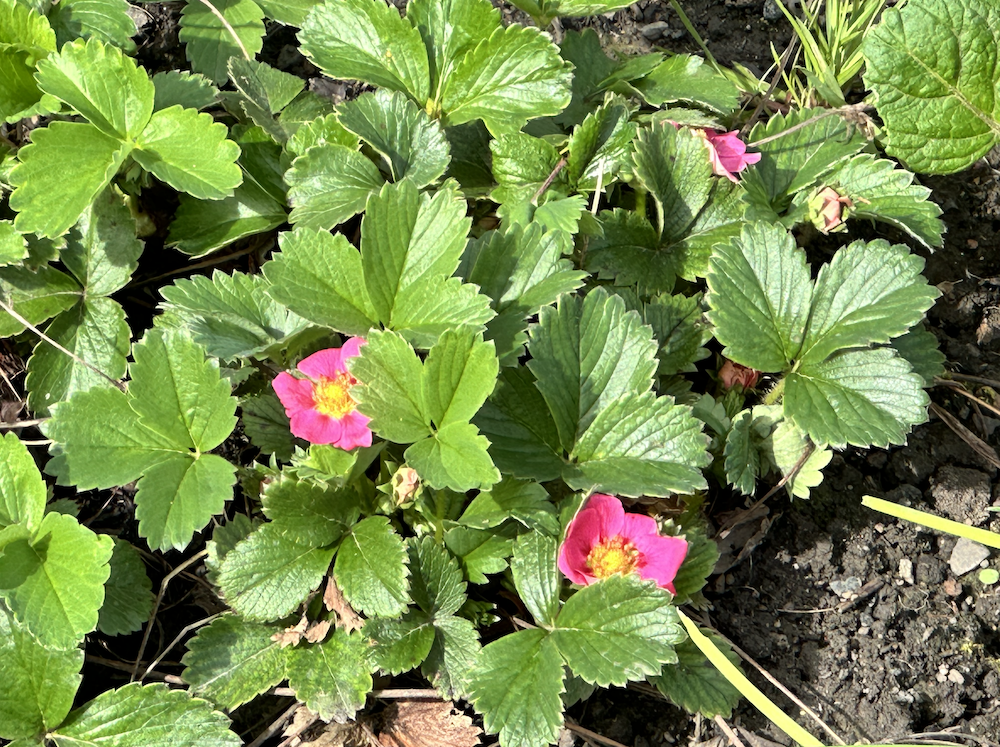
All my observations this month led to one simple point: we are distracted and not paying attention to things that truly matter. However, change for better health and wellbeing is actually very easy – it just requires a little shift of perspective. Most long-lasting changes for our wellbeing come from gentle adjustments, small steps and light shifts in our habits. Notice Nature. Notice what serves your health and wellbeing. Notice what is actually toxic for you and the world around you. Move forward, making small changes – one step at a time. There are so many of us on this planet that if each of us makes a small step, we can make a difference.
Of course, to connect with action, we may need to connect with the pain of our reality, too. The other day, my husband showed me how to tie the plastic net oranges that are packed in. I am ashamed to admit that I never considered how the loose nets affect sea life, foolishly trusting the waste chain in our region. Now, when I tie the plastic net multiple times, I feel the pain of all the animals that could be trapped in those nets. We do not buy fruit in nets often, but when we do, we can do something to prevent awful pain – pain we can and should connect with. This is not a small detail of life; it is a matter of Life.
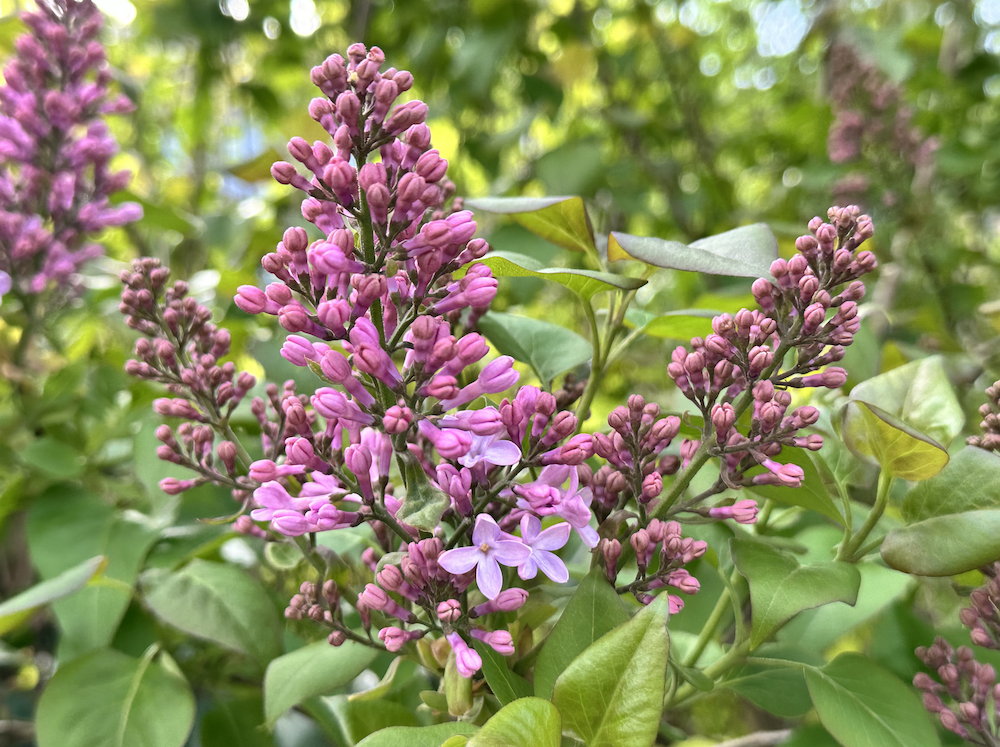
Reflection
Today, I invite you to connect with Nature in its pain and beauty to explore its impact on your health and wellbeing:
- The Nature’s Calendar suggests noticing Nature exercise for April: nettle hunt. Turns out, nettles like phosphorus in the soil, which usually is a result of human habitation, so when we walk and practice nettle-spotting, we can connect with our local history and dream of human lives that resided on those plots of land.
- Explore social media accounts (like, for example, @seed_sistas) that can support your knowledge about the benefits of Nature for your health and wellbeing. This is especially helpful if you struggle with climate anxiety or other climate distress – remember that anxiety needs information, so researching, studying, and learning new things on the topic may soothe the worried brain.
- Reflect and re-frame – when you catch yourself angry with Nature or upset about another climate crisis symptom like a local flood or muddy path, stop for a second and centre your thinking around Nature, not humans. What does the flood really mean – not to me and my comfort, but to all of us, living creatures and the entire system and what can I do to work towards a healthier system change?
- Practice Nature Connectedness – This is a good starting book; it is tiny but full of wonderful and simple practices.
(I am going to read about Nature cycles today from my almanacs, dip into this wonderful collection of tree stories and maybe also start on this book to gain a better understanding of why Nature is so important. Have a light rest of your Sunday).

